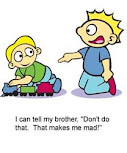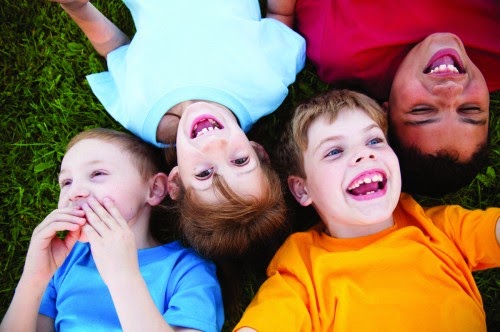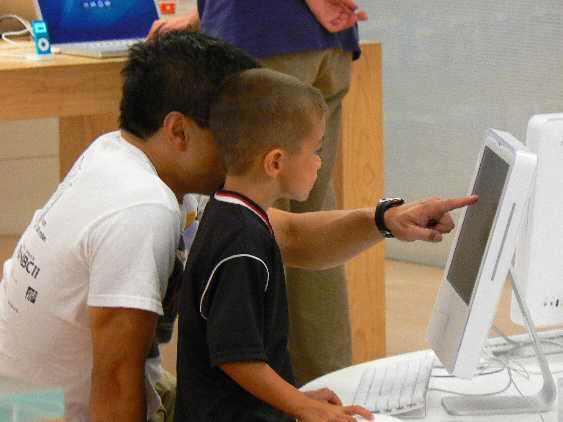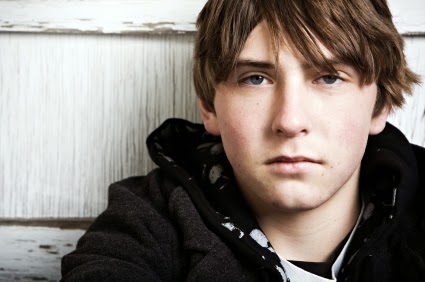Developing Friendship Skills: Help for Kids and Teens on the Autism Spectrum
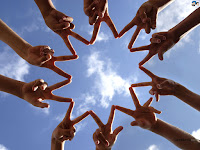
The diagnostic criteria for Asperger’s includes a description of some of the deficits in social interaction, for example, (a) marked impairment in the use of multiple nonverbal behaviors, such as eye-to-eye gaze, facial expression, body postures, and gestures to regulate social interaction; (b) lack of social or emotional reciprocity; and (c) failure to develop peer relationships appropriate to developmental level. Children with Asperger’s and High-Functioning Autism (HFA) have considerable difficulty with the understanding and expression of social reciprocity and nonverbal behaviors. With respect to peer relationships, when a parent or teacher observes the social play and friendship skills of these young people, he or she often notices a delay in the conceptualization of friendship. Also, these children may have an overall intellectual ability within the normal range, but their understanding of friendship skills resembles much younger kids. We can only guess what the conse



